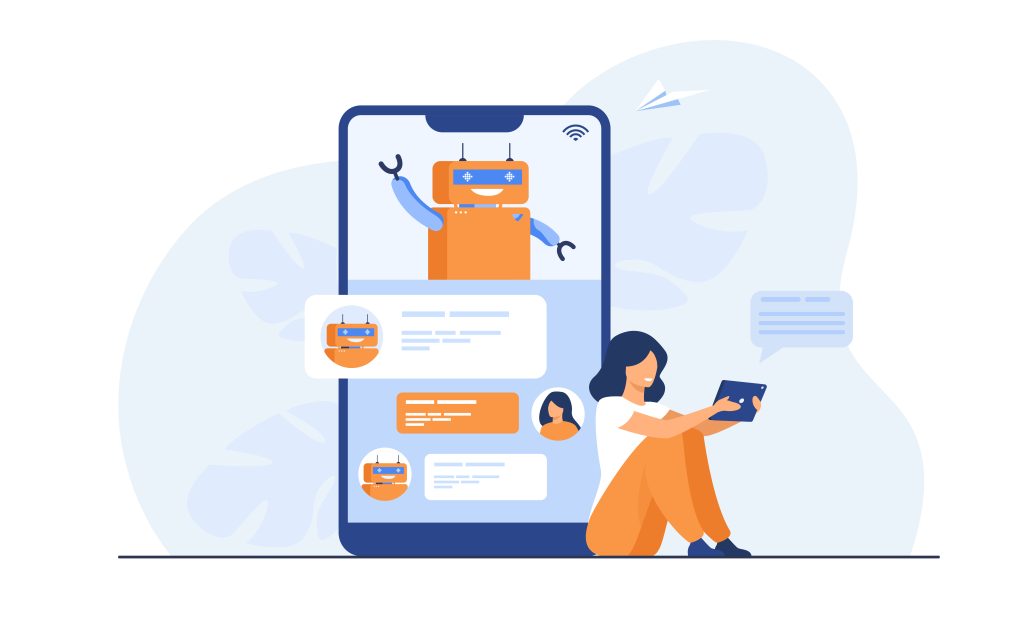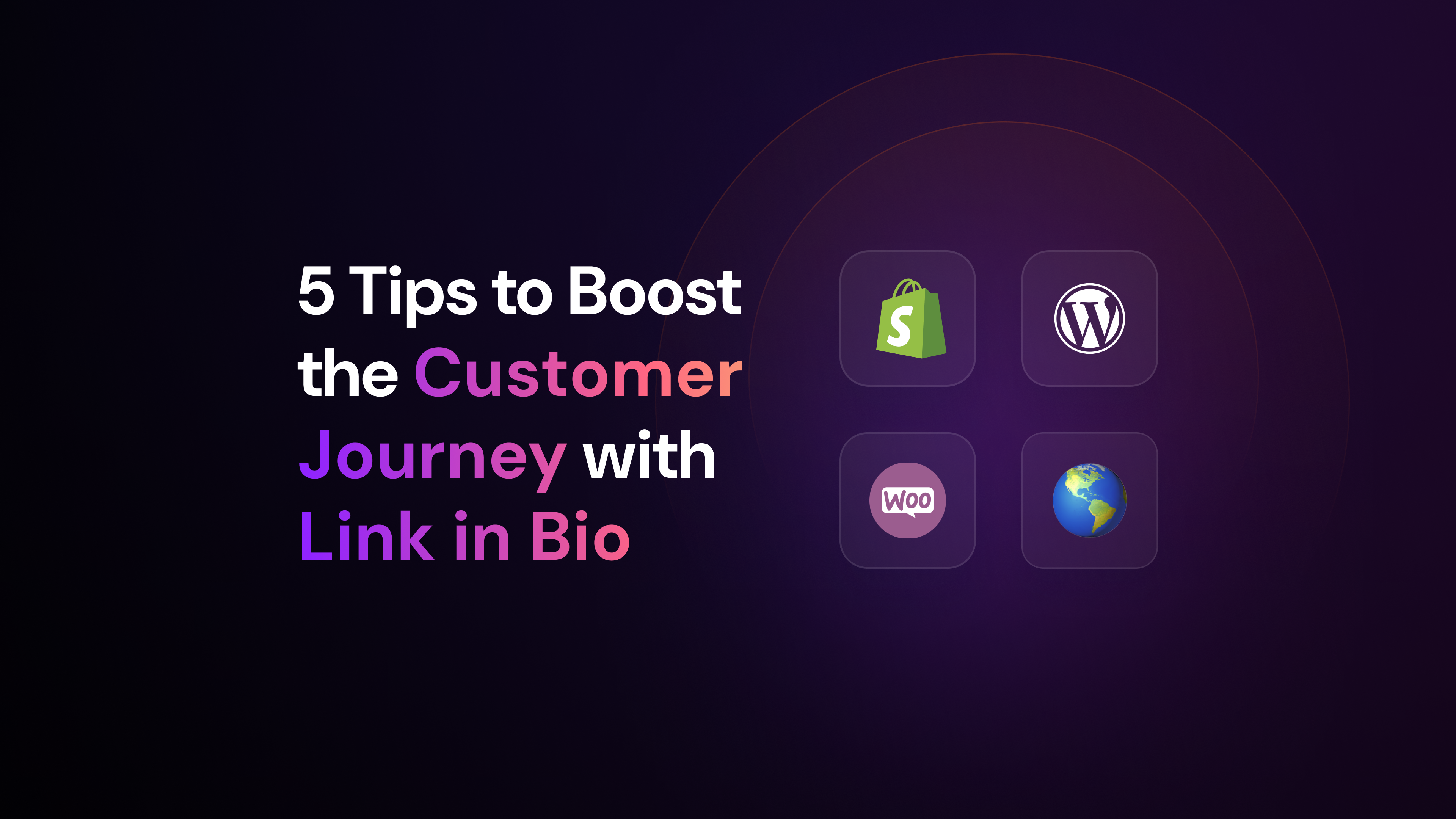You might be wondering whether to stick with traditional chat support or switch to AI chat. The debate of traditional chat support vs AI chat comes down to understanding their key differences. Both have advantages, but knowing the types of AI chatbots can help you make an informed decision.
In this article, we’ll explore the differences between rule-based chatbots and AI-powered chatbots. By the end, you’ll have a clearer idea of which option suits your needs better.
What Are the Main Types of AI Chatbots?
Understanding the differences between rule-based and AI-powered chatbots is essential in making the right choice for your customer support needs.
Rule-Based Chatbots
Rule-based chatbots operate on a set of pre-defined rules and decision trees. These chatbots follow a linear path, responding based on specific keywords or phrases that users input.
While they can handle straightforward queries efficiently, they struggle with more complex or nuanced questions. Because they cannot understand context, their responses can feel robotic and impersonal. This limitation makes them less effective in providing personalized customer support.
AI-Powered Chatbots
AI-powered chatbots, on the other hand, leverage machine learning and natural language processing (NLP) to understand and respond to user queries. These chatbots can comprehend context and intent, making their interactions more human-like.
Unlike rule-based chatbots, AI-powered chatbots continuously learn and improve from each interaction. This ability allows them to handle a broader range of queries and provide more accurate and personalized responses. Over time, they become more adept at understanding user needs and preferences, enhancing the overall customer experience.
Traditional Chat Support vs AI Chatbots: Key Differences
If you’ve tried traditional chatbots before, you might be familiar with their limitations, especially when handling complex queries. Because of these limitations, there has been a comparison between live chat and chatbots that can help engage your customers and boost business.
Traditional chatbots operate on a set of pre-defined rules and decision trees. These chatbots respond based on specific keywords or phrases that users input. They follow a linear path, which means they can only handle straightforward queries. When a user asks a question, the chatbot searches its database for a matching keyword and delivers a pre-programmed response. This approach limits their ability to understand the context of a conversation. As a result, traditional chatbots often provide generic and impersonal responses, leading to user frustration when dealing with more complex issues.
AI chatbots, on the other hand, leverage machine learning and natural language processing (NLP) to understand and respond to user queries. These chatbots can comprehend the context and intent behind a user’s message, making their interactions more human-like. Machine learning allows AI chatbots to analyze vast amounts of data and learn from each interaction. This continuous learning process enables them to improve their responses over time. Unlike traditional chatbots, AI can handle a wide range of queries, including those that are more complex and nuanced.
One of the key advantages of AI chatbots is their ability to provide more personalized responses. By using NLP, these chatbots can interpret the subtleties of human language, such as tone and sentiment. This capability allows them to tailor their responses to each user’s needs and preferences.
For example, if a user expresses frustration, the AI chatbot can recognize this emotion and respond more empathetically. This level of personalization enhances the overall user experience and helps build stronger customer relationships.
Another significant difference between traditional and AI chatbots is their ability to handle complex queries. Traditional chatbots struggle with questions that fall outside their pre-defined rules. They may provide irrelevant or incorrect answers when faced with unfamiliar queries. In contrast, AI chatbots can analyze the context and intent behind a question, even if it is phrased unexpectedly. This capability allows them to provide accurate and relevant responses, regardless of the complexity of the query.
AI chatbots also benefit from continuous learning and improvement. Each interaction provides new data that the chatbot uses to refine its understanding and responses. Machine learning models update based on this data, enhancing the chatbot’s ability to handle diverse queries over time. This continuous learning process ensures that the chatbot becomes more accurate and efficient, offering better support to users. Traditional chatbots, however, remain static and do not improve without manual updates to their pre-defined rules.

Traditional Chat Support vs AI Chat: Why Consider an AI Solution
Switching to AI chat can address many of the pain points you face with traditional chat support, such as limited availability and slow response times.
24/7 Availability
AI chatbots offer round-the-clock support, ensuring your customers receive assistance whenever needed. Unlike traditional chat support, which relies on human agents with limited working hours, AI chatbots always remain active and responsive. This continuous availability helps address customer queries outside regular business hours, enhancing customer satisfaction and loyalty.
Faster Response Times
AI chatbots excel in handling multiple queries simultaneously, significantly reducing wait times for your customers. AI and live chat for high-traffic events can enhance customer experience during peak times. Traditional chat support often struggles with high volumes of requests, leading to longer response times and potential customer frustration. AI chatbots can manage numerous conversations simultaneously, providing instant responses and ensuring customers receive timely assistance. This efficiency improves the overall customer experience and keeps your support operations running smoothly.
Cost-Effectiveness
Implementing AI chatbots can lead to substantial cost savings for your business. These chatbots can handle many queries without additional human agents, reducing labor costs. Traditional chat support requires a larger team to manage increasing customer inquiries, which can be expensive and resource-intensive. AI chatbots streamline your support operations, allowing you to allocate human resources to more complex tasks that require personal attention.
Enhanced Personalization
AI chatbots offer personalized responses based on user data and preferences, creating a more tailored customer experience. By analyzing previous interactions and user behavior, AI chatbots can provide relevant and customized support.
Traditional chat support may struggle to achieve this level of personalization due to the limitations of human memory and the need for agents to handle multiple customers simultaneously. AI chatbots, on the other hand, can quickly access and utilize user data to deliver responses that feel more personal and engaging. This personalization helps build stronger customer relationships and enhances overall satisfaction.
How to Implement AI Chat for Your Business?
Implementing AI chat might seem daunting, especially considering the initial setup and integration with existing systems. However, improving customer experience with live chat has many benefits. Steps in starting this are given below.
Choose the Right AI Chatbot Platform
Next, evaluate different AI chatbot platforms. Study the guide to conversational AI and consider features such as natural language processing capabilities, integration options, and customization flexibility. Ease of use is also important; the platform should be user-friendly for your team and customers. Pricing varies widely, so compare costs with the features offered. Choose a platform that aligns with your business needs and budget.
Train Your AI Chatbot
Once you’ve selected a platform, it’s time to train your AI chatbot. You enhance customer service with AI when you provide it with relevant data, including FAQs, customer interactions, and product information. This helps the chatbot understand your business and customer needs. Training should be an ongoing process. Regularly update the chatbot with new data to improve its accuracy and effectiveness. The more comprehensive the training, the better the chatbot will perform.
Integrate with Your Existing Systems
Integration is key for seamless operation. Connect your AI chatbot with your CRM, helpdesk, and other systems. This ensures data flows smoothly between platforms, providing a unified customer experience. Integration allows the chatbot to access customer information, order history, and other relevant data, providing more personalized and accurate responses. Work with your IT team or platform provider to ensure smooth integration.
Monitor and Optimize
After deployment, continuously monitor your AI chatbot’s performance. Use analytics to track response times, resolution rates, and customer satisfaction. Gather user feedback to identify areas for improvement. Based on this data, regularly review and optimize the chatbot. Adjust its responses, update its training data, and refine its algorithms to enhance performance. Monitoring and optimization are ongoing tasks that ensure your AI chatbot remains effective and aligned with your business goals.
Is AI Chat Worth the Investment?
AI chat offers notable cost savings and boosts customer satisfaction. By automating responses to common queries, AI chatbots reduce the need for a large team of human agents. This efficiency translates to lower operational costs, allowing you to allocate resources more effectively. Additionally, AI chatbots can simultaneously handle a high volume of queries, ensuring no customer is left waiting. This capability frees human agents to focus on more complex tasks that require a personal touch, enhancing overall productivity. For a balanced view, consider the generative AI chat pros and cons.
Take the Next Step with Arena
Choosing between AI chat and traditional chat support can significantly impact customer engagement and operational efficiency. With Arena, you can leverage advanced AI-powered chat solutions to provide 24/7 support, faster response times, and personalized interactions. Our platform enhances customer satisfaction and reduces operational costs, making it a smart investment for your business.
Arena offers a comprehensive suite of tools designed to streamline content creation, automate responses, and build vibrant communities. Whether you’re looking to boost engagement, generate leads, or monetize your audience, Arena has the needed features. Ready to transform your customer support and drive business growth? Sign up now and experience the benefits of AI chat with Arena.



